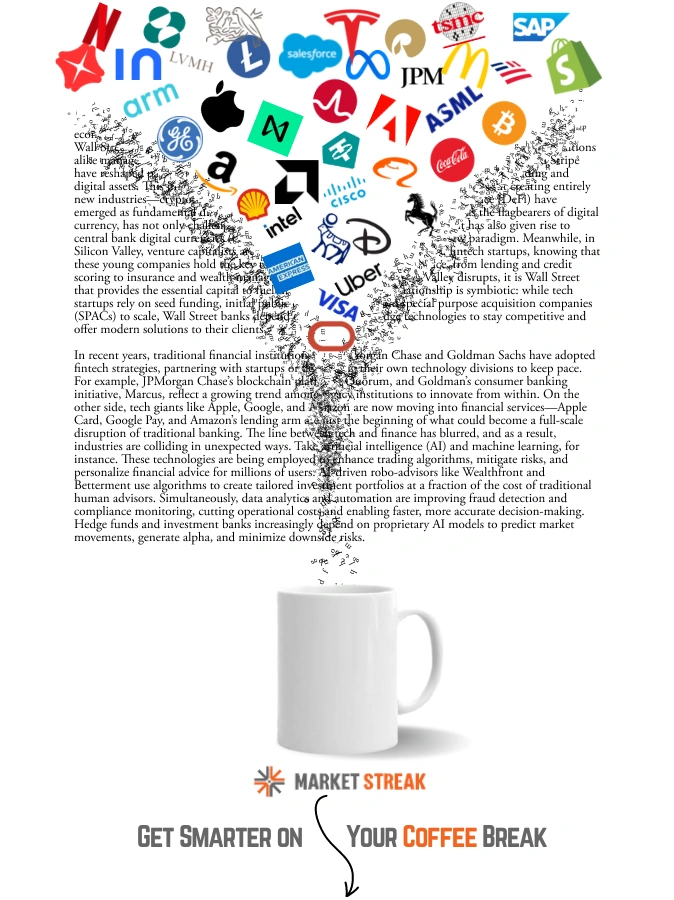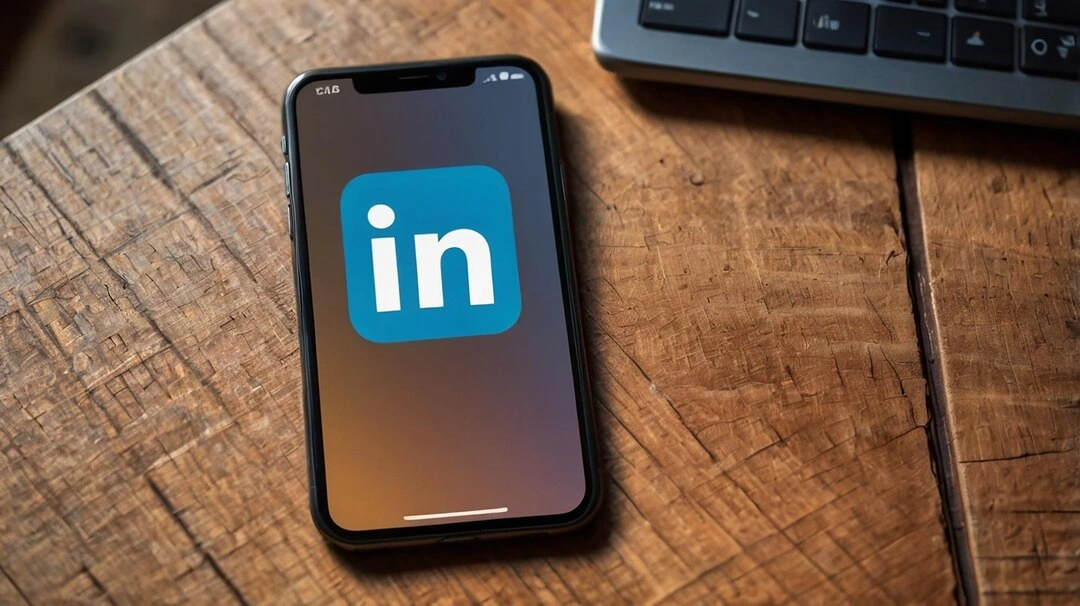mental health
parenting
child development
Mental Health Awareness

mental health
parenting
child development
Mental Health Awareness
Mandy Teefey, mother of actress and singer Selena Gomez, is more than just a celebrity parent. She's a dedicated mental health advocate, actively working to educate and inform others about improving emotional well-being. Teefey champions "mental fitness," a proactive approach to strengthening resilience and managing stress. In 2022, she co-founded Wondermind, a mental health media startup, with her daughter, Selena, who serves as Chief Impact Officer.
Both Teefey, who has ADHD, and Gomez, who was diagnosed with bipolar disorder in 2020, have openly shared their personal mental health journeys. Gomez publicly announced her diagnosis on Instagram and further detailed her experiences in the 2022 documentary, Selena Gomez: My Mind & Me, sharing, "I am grateful to be alive." Teefey has also spoken extensively about her experiences with ADHD and anxiety.
Their shared experiences frequently lead to questions about navigating mental health challenges within a parent-child relationship, particularly in the public eye. Teefey observes a significant lack of readily available resources and support systems for families facing these challenges. This realization, she says, fueled the creation of Wondermind, which she envisions as a comprehensive support "ecosystem" for mental health care, specifically addressing the question: "How do you navigate [mental health] as a family?"
Recognizing the immense pressures on parents today, Teefey offers valuable guidance on supporting children who might be experiencing mental health difficulties.
Teefey emphasizes the crucial role of education in addressing a child's mental health concerns, whether they are simply anxious or dealing with a diagnosed condition. Her approach is proactive and preventative. She uses the example of Gomez's childhood fear of tornadoes: "When [Gomez] was younger, she used to be very terrified of tornadoes," Teefey explains. "So, I made her sit down and learn everything there was to learn about tornadoes."
This approach, Teefey suggests, translates directly to navigating a potential mental health diagnosis. By becoming well-informed, parents can approach the situation with knowledge and understanding, rather than fear and uncertainty. She likens it to managing a physical illness like the flu: "When you’re not fully educated on something, it’s scarier, and it’s more intimidating," she says. "I read all kinds of books and did all kinds of research on bipolar to understand how to have that conversation, or how to kind of mediate, and really navigate her in a way that she needs to be parented, not a way that I wanted to be parented." This highlights the importance of tailoring parenting strategies to the child's specific needs, rather than imposing preconceived notions.
Beyond education, Teefey stresses the importance of modeling self-care and emotional processing for children. Since launching Wondermind, she has meticulously developed a wellness routine that she actively practices and promotes. Her day begins at 4:00 a.m. with a deliberate emphasis on slow, mindful activities. "I get up and I do everything at a very glacial pace and just enjoy my time," she describes. "I don’t know if early rising is the key or the alone time is actually what’s really helping me, but it keeps me very focused and very grounded throughout the rest of the day."
Her morning routine includes 15 minutes of meditation, reading something engaging, and journaling – a "brain dump" to release anxiety and manage her ADHD. "The ruminating thoughts go 90 miles an hour, so I totally feel that that’s why I have to keep journals and all kinds of different things like calendars and schedules," she explains. "I found reading and writing detach myself from whatever chaos is happening." Importantly, she avoids looking at her phone until around 10:00 or 10:30 a.m.
Teefey believes this digital detox is essential for maintaining mental calm. "There is something really relaxing about detaching yourself from all of the information that comes at you when you wake up in the morning," she says. "I really try to pause and just breathe and then remind myself that no matter what’s going on through my mind right now, the end of the world isn’t going to happen.”
This emphasis on self-care underscores a vital message for parents: prioritizing their own well-being is not selfish; it's essential. Parents often struggle to balance the demands of parenting, work, and other responsibilities. Teefey advocates for incorporating even small acts of self-care into daily routines. "It’s okay to take the 15 minutes or the 20 minutes," she assures. "It’ll all be there when you get back." This highlights the importance of practicing what she preaches - mental fitness – to manage the stresses of modern life and effectively parent.
Teefey’s insights offer a valuable framework for parents navigating the complexities of supporting children facing mental health challenges. Her focus on education and self-care underscores the interconnectedness of these two aspects in creating a supportive and healthy environment for both the child and the parent. By prioritizing understanding and self-compassion, parents can better equip themselves and their children to navigate the challenges of mental health and build resilience for a healthier future. The message is clear: proactive education, coupled with consistent self-care, creates a strong foundation for supporting children facing mental health challenges. This is not just about managing crises, but building a supportive system for ongoing well-being.
(The following sections are unrelated to the main article and are included based on the presence of images in the original prompt. They are presented as separate articles.)
Dr. Nir Barzilai, a leading expert in aging research, has identified four FDA-approved drugs showing promising results in extending lifespan. He emphasizes that the evidence comes from rigorous clinical trials, not anecdotal reports. "The evidence that we're looking for is from clinical trials, not if it cured an animal and not if people who took it told me that they're doing better," Dr. Barzilai states. While specific details on the drugs themselves are not provided here, the importance of relying on robust scientific evidence in evaluating life-extending treatments is highlighted.
The annual shift to and from daylight saving time significantly impacts sleep patterns for many. The article details four strategies for mitigating the negative consequences of this time change:
Gradual Adjustment: Begin shifting bedtime and wake-up times a few days before the change, adjusting by 15-minute increments.
Consistent Sleep Schedule: Maintain a regular sleep schedule as much as possible, even on weekends, to regulate the body's natural sleep-wake cycle.
Optimize Sleep Environment: Create a conducive sleep environment by ensuring the bedroom is dark, quiet, and cool.
A Wisconsin pizza shop, "Famous Yeti's Pizza," issued a public apology after customers unknowingly consumed THC-infused oil in their pizzas. The incident highlights the risks of food contamination and underscores the importance of food safety regulations and rigorous quality control measures in food preparation and distribution. No details on the number of affected customers or the specific actions taken by the shop are included in this summary.
Despite progress in healthcare, significant health disparities persist among Black Americans. This article briefly discusses these ongoing inequities, emphasizing the need for further research and targeted interventions to address the underlying social and economic factors that contribute to these differences in health outcomes. It doesn't delve into specific statistics or causes.
The article provides a brief overview on how to effectively utilize Medicare star ratings during the annual open enrollment period. The purpose of this overview is to encourage informed decision-making and better utilization of available resources. It doesn't offer specific rating information.
The president of a UPS Store shares four key lessons learned from her experience of surviving a "widowmaker" heart attack. The purpose is to encourage preventative health measures and to highlight the importance of seeking immediate medical attention in cases of suspected heart issues. No specific details on the lessons learned are mentioned here.
(The following sections are summaries of other articles mentioned in the original prompt.)
A brief clarification dispels the misconception that musician Bruce Springsteen is a billionaire. He reportedly attributes his lack of billionaire status to substantial spending on "superfluous things."
This article explores the widening gap between CEO compensation, shareholder profits, and worker wages, drawing parallels to historical periods of extreme wealth disparity.
This article highlights the popularity of lab-grown diamonds among younger generations, while raising concerns about their environmental impact due to the energy-intensive manufacturing process involving coal combustion in China and India.
The CEO of Norway's sovereign wealth fund offers a comparative perspective on American and European work cultures, suggesting Americans work harder due to higher levels of ambition.
This article explores the trend of Americans working remotely for U.S. companies while residing in Europe, taking advantage of lower costs of living and different work-life balances.
A 38-year-old individual with substantial student loan debt shares their perspective on the challenges of managing this debt and urges younger generations to explore alternative financing options for higher education.
SHARE


news
30th October 2024

news
30th October 2024


news
30th October 2024

news
30th October 2024


news
30th October 2024


news
30th October 2024


news
30th October 2024